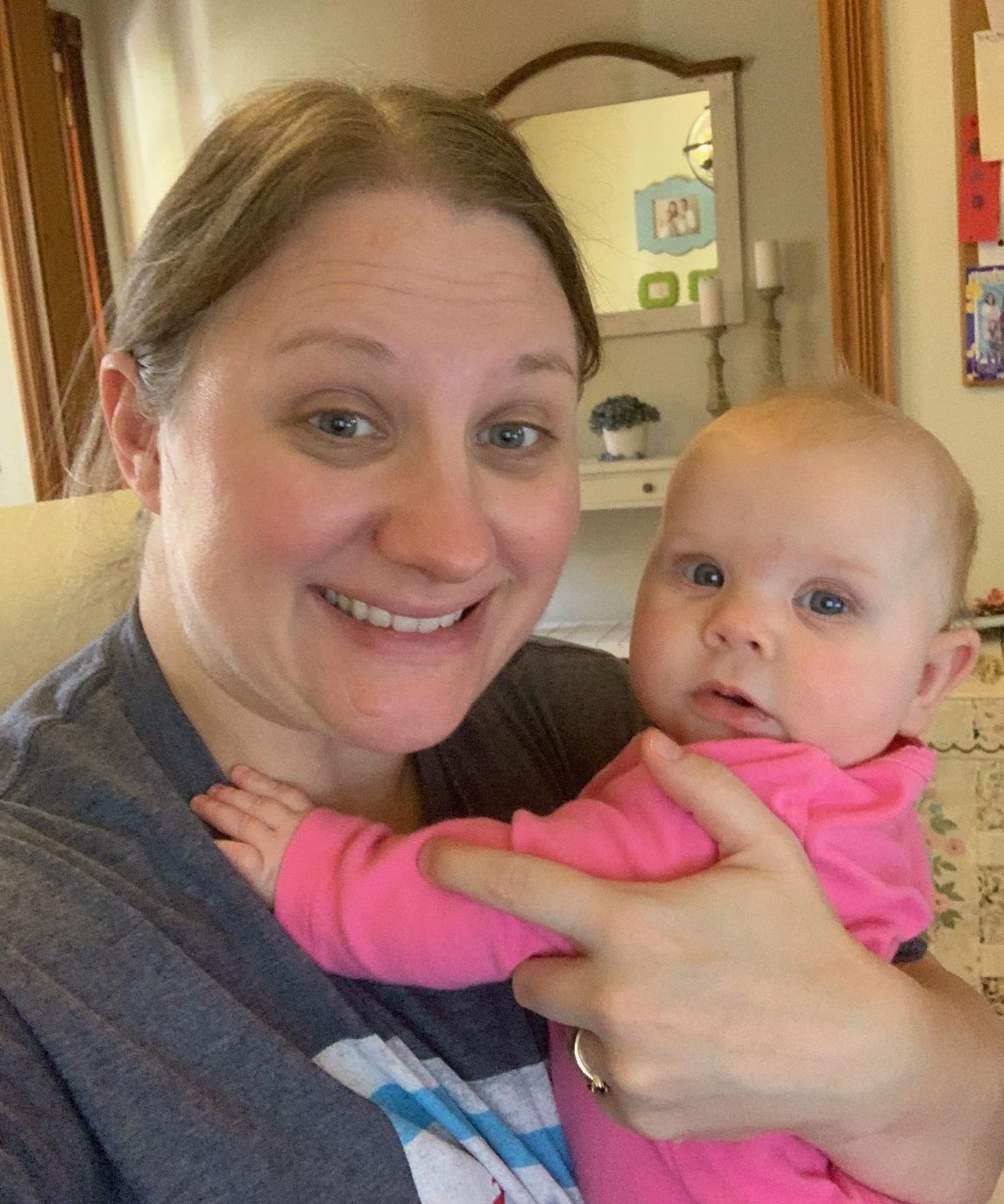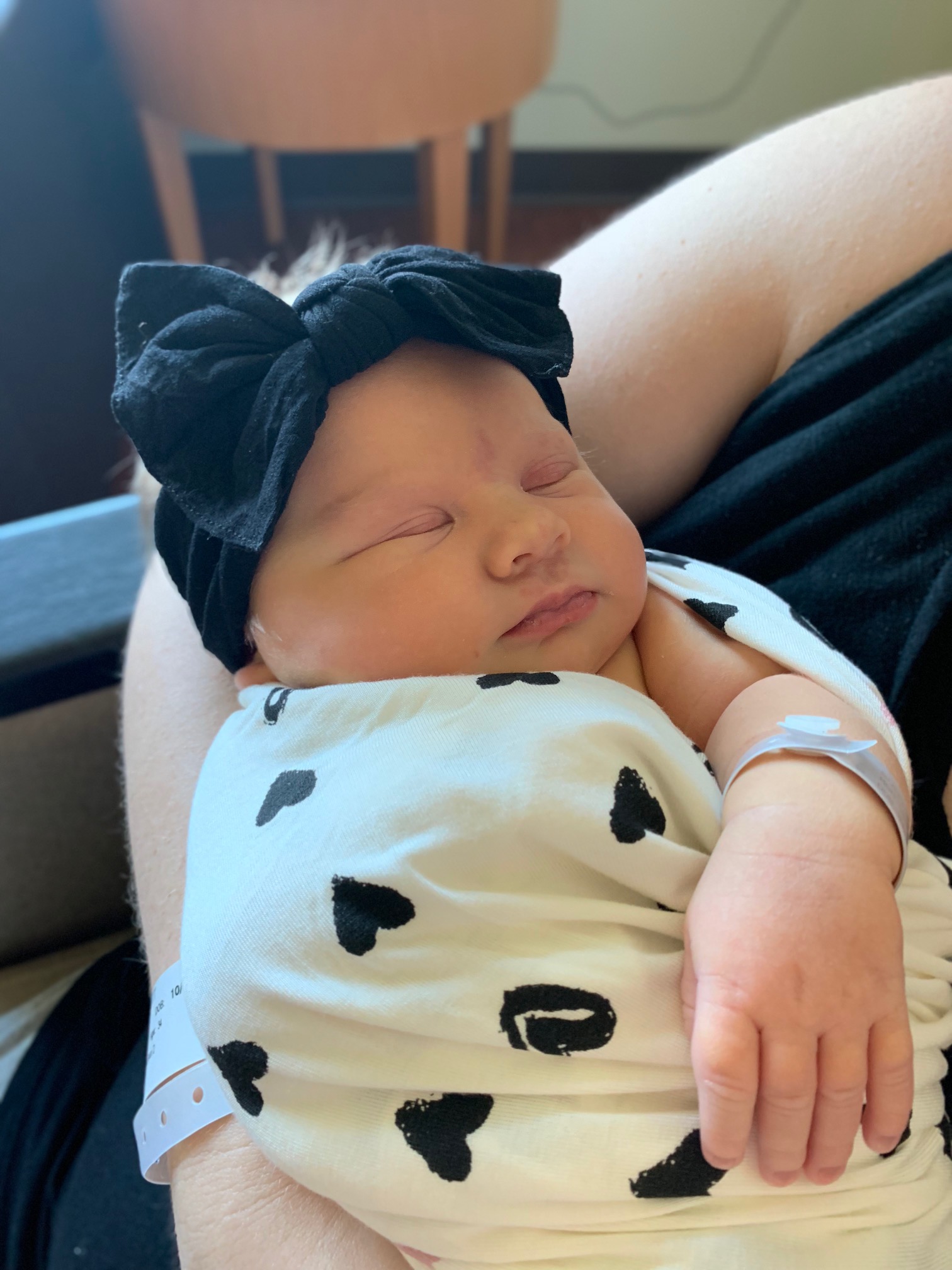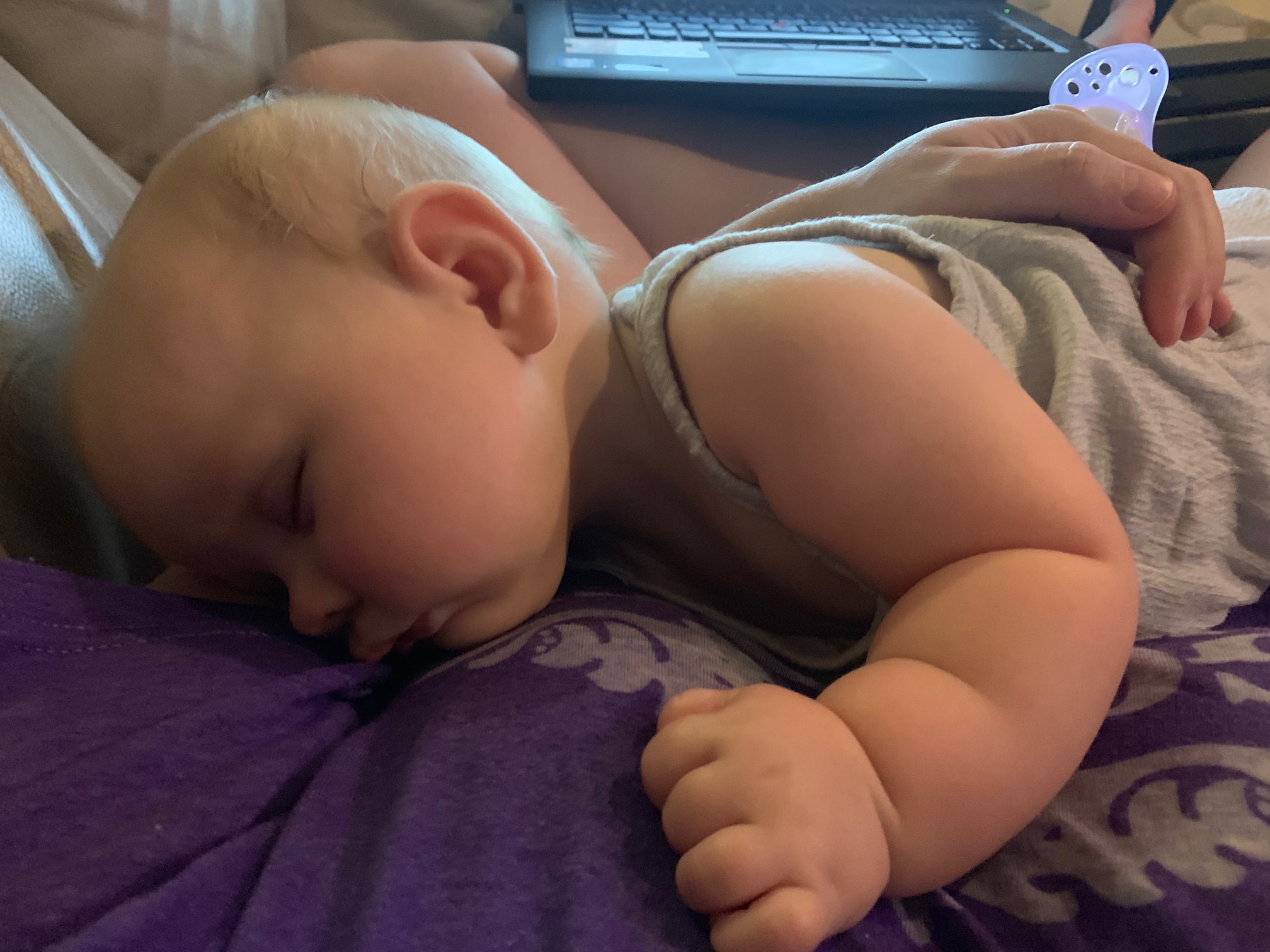One of the most stressful things about preparing to add a child to a family is figuring out parental leave. And unfortunately for us, the US lags behind when it comes to leave policies that support families. Here are some facts about parental leave from Healthline:
- The United States is the only industrialized nation that does not mandate paid family leave on a federal level.
- Only 60% of US women qualify for FMLA which mandates 12 weeks of UNPAID job protection for parents after the birth of a child.
- Only 13% of parents have access to any form of paid family leave.
- 25% of American women return to work within 2 weeks of giving birth.
- Suicide is the second leading cause of death for women in the postpartum period and at least 10% of parents suffer from a postpartum mood disorder.
In addition to the obvious fact that parents need time to recover mentally and physically from childbirth and bond with their babies, there are economic reasons that paid parental leave makes sense. The US birth rate is very low which means fewer new people to take care of the aging population and add to the tax base. Parents who have adequate paid leave are more likely to return to work (it’s expensive and time consuming to hire and train new employees) and are more productive than parents without paid leave.
So that brings me to my experience. When my first child was born 7 years ago, I did not qualify for FMLA because my employer had fewer than 50 employees and I had not been there for a year. Thankfully, they were accommodating and willing to give me 12 weeks of unpaid leave. As the weeks went by, I knew that there was no way I would be ready to leave my baby in daycare after only 12 weeks. I was still trying to figure out breastfeeding and adjusting to parenthood. A few weeks before my leave was set to end, my best friend (who had given birth a month before me and was about to return to her teaching job) asked if I might want to watch both of our kids during the day instead of returning to my previous job. I saw this as a great opportunity to be as close to a stay at home mom as I could afford to be. When my baby was around 10 weeks old, I started driving to to her house at 6:30 am and watching both girls during the day. Although I cannot express how thankful I was to have that opportunity, it was not the same as having a dedicated, paid parental leave. Additionally, I had postpartum depression that went untreated for far too long.
Fast forward nearly 7 years to the birth of our second daughter. By this point, we had moved to Baton Rouge and I am working for a large multinational tech company. I was initially hired on as a “supplemental” employee and did not qualify for paid leave, but shortly after finding out I was pregnant, my amazing boss worked to get me converted to a “regular” employee. This meant that I had access to the company’s generous parental leave: 6-8 weeks of short-term disability coverage and 12 weeks of family bonding for a total of 18-20 weeks of leave at 100% pay. The relief I felt leading up to birth was indescribable. I didn’t have to worry about how I was going to pay for childbirth, afford life without a paycheck for 3 months, or send my tiny baby to daycare before I could recognize her different cries.
The first 3 weeks after my baby was born, life was grand. I thought maybe I’d managed to avoid the postpartum and anxiety and depression this time. Nursing was going really well, and my 7 year old was adjusting to her new role. Then suddenly, things were not fine. I started crying randomly all day long for no apparent reason to the point that my older daughter constantly asked if I was about to cry. The thought of putting my baby down for a nap or to bed made me panic and filled me with dread. I couldn’t fall asleep at night because my mind was constantly racing. I was barely eating. This time I was proactively looking for signs of postpartum mood disorders and quickly made an appointment with a psychiatrist who specializes in perinatal care. I soon added in a therapist to compliment the medication prescribed by my psychiatrist. Around that same time, we found out my baby had a lip and tongue tie. After having the ties revised, she was in weekly feeding therapy. All of these things were expensive and time consuming. While I was overwhelmed by the number of weekly appointments, I was thankful that I had the time and space to work on them and was still receiving my paycheck to help pay for them.
There were many times during those first few months that I thought maybe it would be easier to go back to work. I could have some space and time away from the “feed, change, put to sleep, tummy time” cycle. I could eat without rushing. But slowly, the fog began to lift. Before I knew it, I was truly enjoying the time with my baby. I started looking forward to snuggling her to help her fall asleep. My crying decreased and there was lots of smiling and giggling with my tiny human. I was able to put her down to get something to eat without my mind going into panic mode every time she fussed. The combination of medication and therapy and time was working. I found it much easier to bond with my baby than I did the first time around and gained so much more confidence as a mother. I would not have had this opportunity if I had been required to take unpaid leave for 12 weeks (or fewer if I couldn’t afford 3 months without pay). When my 20 weeks was up, I still didn’t feel ready to go back. But I was refreshed and feeling more like myself. I knew that I had made the most of my time off and could look back and be thankful without regrets. If I had gone back earlier, it likely would have taken much longer to improve my mental health which would have been detrimental to my early baby bonding.

I understand that many working parents don’t love the postpartum period and prefer to go back to work fairly quickly. And to them I say, more power to ya! But, I think every parent should be given the opportunity to spend time recovering and bonding with their children without having to worry about how to make ends meet or whether their jobs will still be there when they return. Having nearly 5 months of paid maternity leave was a game changer for me, and I wish stories like mine could become the rule instead of the exception.


















